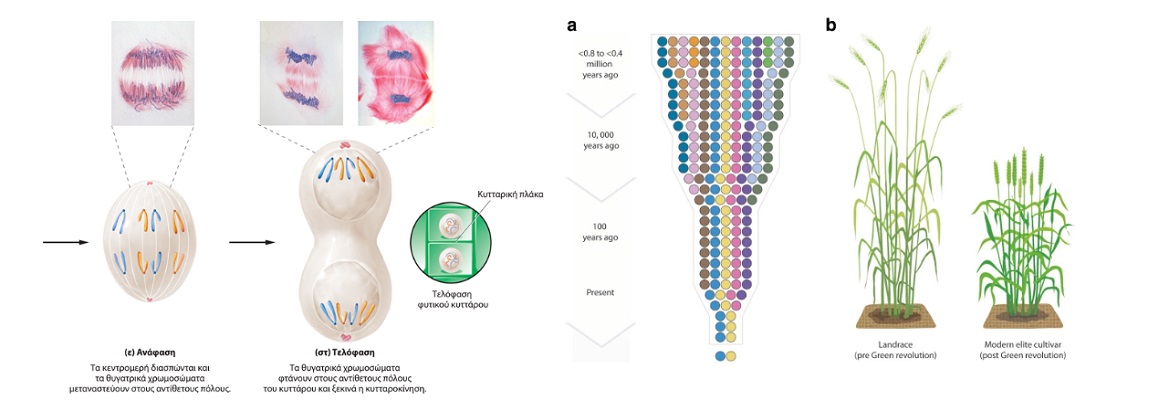The object of the Laboratory of Agricultural Genetics & Plant Improvement is the research and production of knowledge, as well as the familiarization of the students of the Department of Agriculture with the modern applications of conventional and biotechnological methods in the genetic analysis of species of agricultural interest and the genetic improvement of cultivated plants with the aim of creating genotypes (F1 varieties and hybrids) with superior qualitative and quantitative traits.
The laboratory has a rich laboratory and research activity and, in collaboration with other research institutions, a number of research programs are implemented in it in which postgraduate students, PhD candidates and post-doctoral researchers participate.
Research interests

The research interests of the laboratory are focused on the academic subjects:
Genomic and transcriptomic analysis of cultivated and native plants with emphasis on medicinal plants and horticultural species.
Analysis of genetic structure with molecular DNA markers and correlation of genotype with qualitative and quantitative traits, for use in plant genetic improvement programs.
Molecular identification and discrimination of primary plant material, with the aim of authenticating and tracking it along the production chain. Revealing polymorphisms in key enzymes of the metabolic pathways of important secondary metabolites and correlation of expression with genes that control fruit aroma and taste.
Study of genetic diversity with the aim of protecting endemic native plant taxa which are rare or endangered.
Equipment

Laboratory equipment for the application of molecular techniques such as:
Bacteria Cultivation,
Isolation of nucleic acids (DNA, RNA),
Amplification of nucleotide sequences by the polymerase chain reaction (PCR) method,
Nucleic acid electrophoresis and genotyping using molecular markers (AFLP, ISSR, SSR, REMAP).
Sequencing gene segments with a polycapillary genetic analyzer (SeqStudio Genetic Analyzer) and assessing the quantitative expression of genes of interest.

